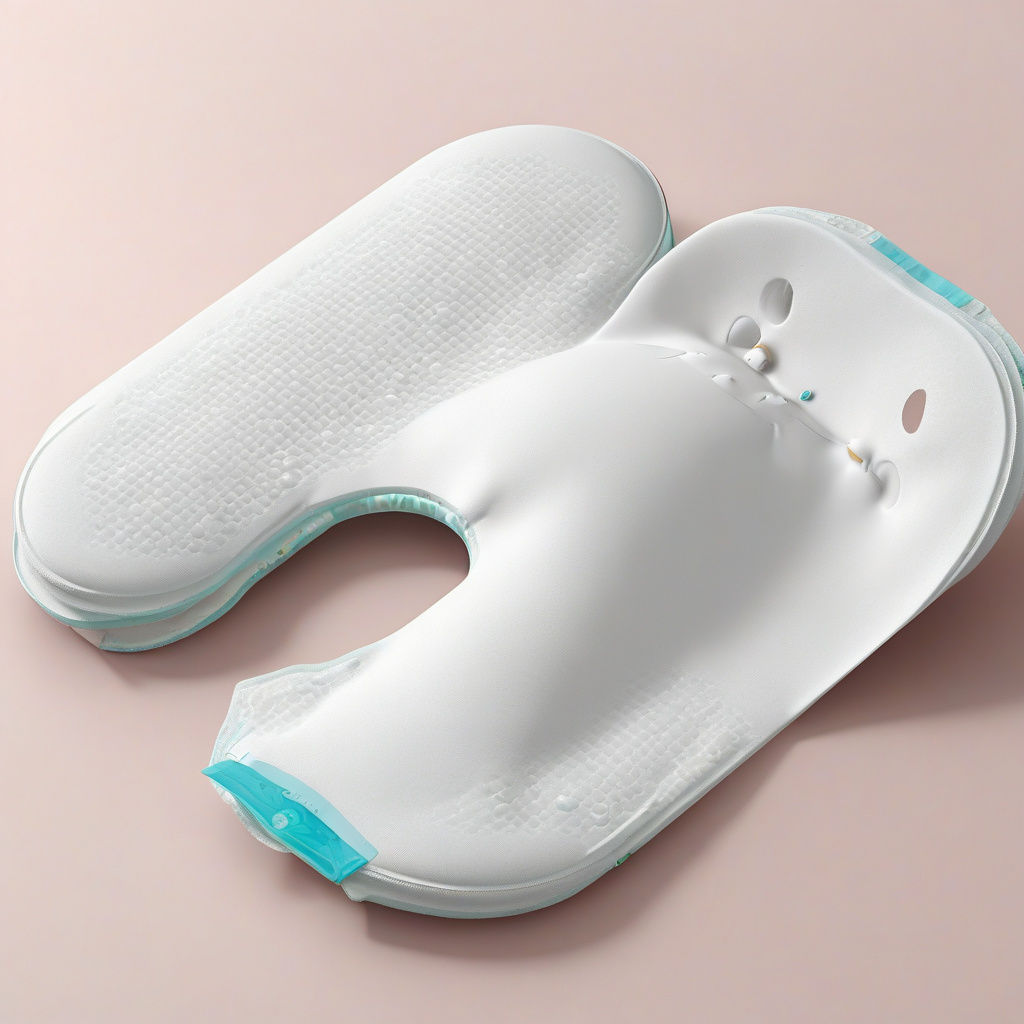New Smart Sanitary Pads Detect Cancer, Inflammation Markers in Menstrual Blood
A new technology developed at ETH Zurich is transforming a long-overlooked source of medical data into a potential goldmine for early disease detection. Smart sanitary pads, embedded with tiny sensors, are revolutionizing the way women monitor their health during menstruation. These pads can now detect cancer and inflammation markers in menstrual blood, providing a non-invasive and convenient method for screening and early intervention.
Traditionally, menstrual blood has been viewed as a waste product of the reproductive system. However, recent advancements in biotechnology have unveiled the hidden potential of this monthly discharge. Menstrual blood contains a wealth of biological information that can offer valuable insights into a woman’s overall health. By analyzing specific biomarkers present in menstrual blood, such as proteins, hormones, and genetic material, researchers can now identify early signs of various health conditions, including cancer and inflammatory disorders.
The smart sanitary pads developed at ETH Zurich are equipped with biosensors that can detect minute changes in the composition of menstrual blood. These sensors are programmed to recognize specific biomarkers associated with different health conditions. For instance, elevated levels of certain proteins may indicate the presence of breast cancer, while increased inflammation markers could signal underlying health issues such as endometriosis or pelvic inflammatory disease.
One of the key advantages of this innovative technology is its non-invasive nature. Unlike traditional diagnostic methods that require blood draws or tissue samples, smart sanitary pads offer a painless and discreet way to collect health data. Women can simply wear these pads during their period, and the embedded sensors will continuously monitor and analyze the composition of menstrual blood in real time. This seamless integration into daily life makes it easier for women to track their health status and seek medical attention if any abnormalities are detected.
Moreover, the use of smart sanitary pads for health monitoring aligns with the growing trend of personalized medicine and preventive healthcare. By leveraging the data obtained from these pads, healthcare providers can tailor treatment plans to individual patients based on their unique biomarker profiles. Early detection of diseases such as cancer and inflammatory disorders can significantly improve treatment outcomes and overall prognosis.
In addition to its medical applications, this technology also holds promise for menstrual health tracking and fertility monitoring. The data collected by smart sanitary pads can provide valuable insights into menstrual cycles, ovulation patterns, and hormonal imbalances. This information is not only useful for women trying to conceive but also for those managing conditions such as polycystic ovary syndrome (PCOS) or irregular periods.
As we look to the future of healthcare, the integration of smart technologies like these into everyday products has the potential to revolutionize how we monitor and manage our health. Smart sanitary pads that can detect cancer and inflammation markers in menstrual blood represent a significant step forward in preventive medicine and personalized health management. By harnessing the power of menstrual blood as a source of valuable health data, women can take control of their well-being and stay one step ahead of potential health issues.
#SmartTechnology, #HealthcareInnovations, #Women’sHealth, #DiseaseDetection, #PreventiveMedicine












